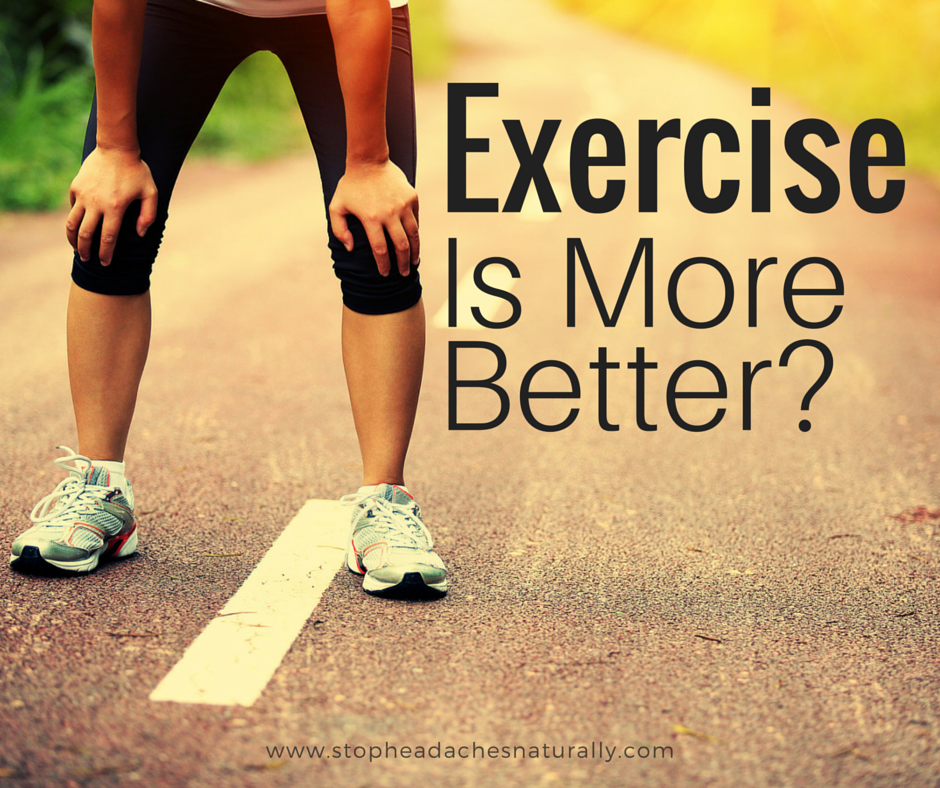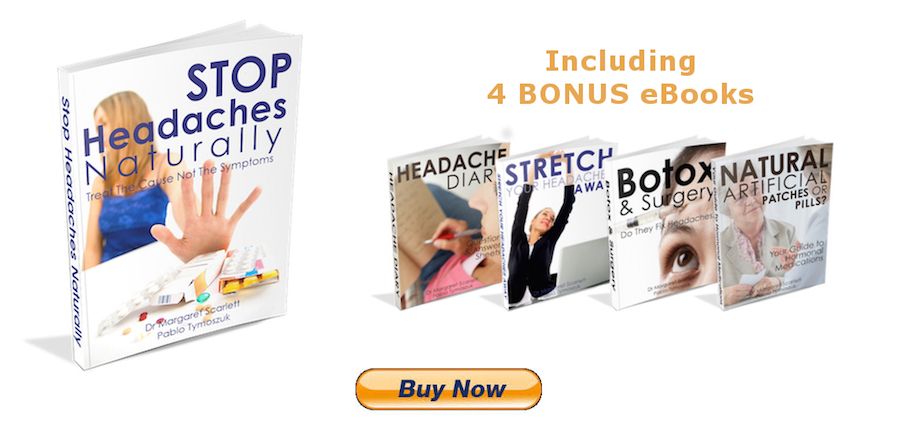Can A Happy Spouse Be Good For Your Health?

Happy hubby, happy wifey…
A recent study published in the Health Psychology Journal suggests that having a happy spouse is good for your health. Nearly 2,000 couples aged between 50 and 94 were asked about their happiness, health and exercise levels over the course of six years and these are some of the findings:
- Happy spouses are more likely to provide strong social support, such as caretaking
- Happy spouses encourage their partners to adapt healthy habits - regular exercise, eating well and adequate sleep
- Having a happy partner may enhance health and make life easier
So as the saying goes, “Happy wife, happy life” but now we can add, “Happy hubby, happy wifey.”
The Promise - The Lure Of The Quick Fix

Our pre-occupation as a society with the short term quick fix is one of the factors responsible for over-reliance on pain-killers.
When time is money and a “can do” attitude is paramount, we may feel we can’t afford to be ill or to be functioning below our best.
Instead of taking time out to look after our health, when something goes wrong we look to medication to fix the problem.
"We look to medication to fix the problem"
The following quote typifies the “pop a pill and forget it” attitude that is so prevalent:
"It's never a great start to the day when you wake up with a pounding headache. Fortunately, help is often as close as your medicine cabinet. You can pop a couple of aspirin, close your eyes, and, in all likelihood, that throbbing in your head will be soothed within the hour.
You’re in good company in your choice of remedy. Some 80 billion aspirin tablets are taken worldwide, every year, for all types of headaches including the excruciatingly painful form known as a migraine. That's a lot of pharmacological muscle."
If you think this was written by an advertising executive for a pharmaceutical company you would be incorrect.
Disturbingly, it was actually taken from a reputable internet site offering health advice to the general public.
However there is no doubt that pharmaceutical advertising helps foster the idea that medication can provide solutions to all of your health problems.
This is an excerpt from Stop Headaches Naturally Chapter 6.6 - The promise - the lure of the quick fix
Be Your Own Doctor

Even though there is so much information that can be found on the internet or health related Apps for your smart phone, one should NEVER self-diagnose or self medicate… leave that role for a well educated and qualified doctor.
But I do believe that the best medicine is prevention. For that to occur you need to take more of an active role in prescribing some of the most beneficial and effective medicine for yourself and become your own ‘doctor.’
"The best medicine is prevention"
Here is some ‘medicine’ that you can begin to take:
- Healthy & Varied Diet
- Exercise - cardio, strength & stretch
- Sleep
- Diaphragmatic breathing
- Laughter
- Keep hydrated
- Sunshine
- Positive attitude
- Pilates
- Manual Therapy
Let Food Be Thy Medicine

Hippocrates was a Greek physician who made such an impression on medical history that today he is called the father of modern medicine - some graduating medical students take the “Hippocratic Oath’ upon receiving their doctoral degree.
Even though Hippocrates did most of his work around 400 years before the birth of Christ, we can still learn a lot from his detailed observations of disease and its effects, and how health is often influenced by diet.
It’s a shame that many doctors prescribe medication without considering the benefits of a healthy diet.
The Focus Of Western Medicine Is On Treatment Rather Than Prevention

“The doctor of the future will give no medicine, but will interest his patients in the care of the human body, in diet, and in the cause and prevention of disease.”
Thomas Edison
Although there have been many medical advances since Edison’s time, the doctor is unfortunately still “giving medicine”.
The traditional approach in Western medicine has always been to diagnose a particular disease or condition from known symptoms and then to treat it with medication, surgery or various procedures.
This focus on diagnosis and treatment worked well for infectious diseases, but is not very useful for multi-factorial chronic diseases like cancer and cardiovascular disease.
At the population level, the emphasis has shifted in favour of understanding the underlying causes of disease, and prevention through improvements to lifestyle.
However this has not really been translated to the individual patient-doctor consultation.
It is not just the doctor’s fault – patient expectations also contribute to this situation. Patients sometimes complain they have not got value for money if they don’t leave clutching a prescription, but just discuss factors like diet, exercise and sleep with their doctor.
Or if the doctor does recommend various lifestyle changes, patients frequently ignore this advice and keep looking for “the magic bullet”.
And when the patient is in pain, many doctors feel helpless if they can’t provide some form of pain relief.
This is an excerpt from Stop Headaches Naturally Chapter 6.8 - The focus of Western medicine is on treatment rather than prevention
Exercise - Is More Better?

A new study published in Current Biology found that people who exercise a lot don’t burn extra calories for their efforts beyond a certain point.
Now that doesn’t mean you stop exercising but it does shed some light on the misconception that more is better.
Read this interesting WebMD Heath News article and find out:
- What did the study find?
- The role of exercise in weight loss
- Why is it that more exercise is not better?
- Do we hit a kind of plateau?
- How do you find your ’sweet spot’?
- What’s the best take-home advice from this research?





